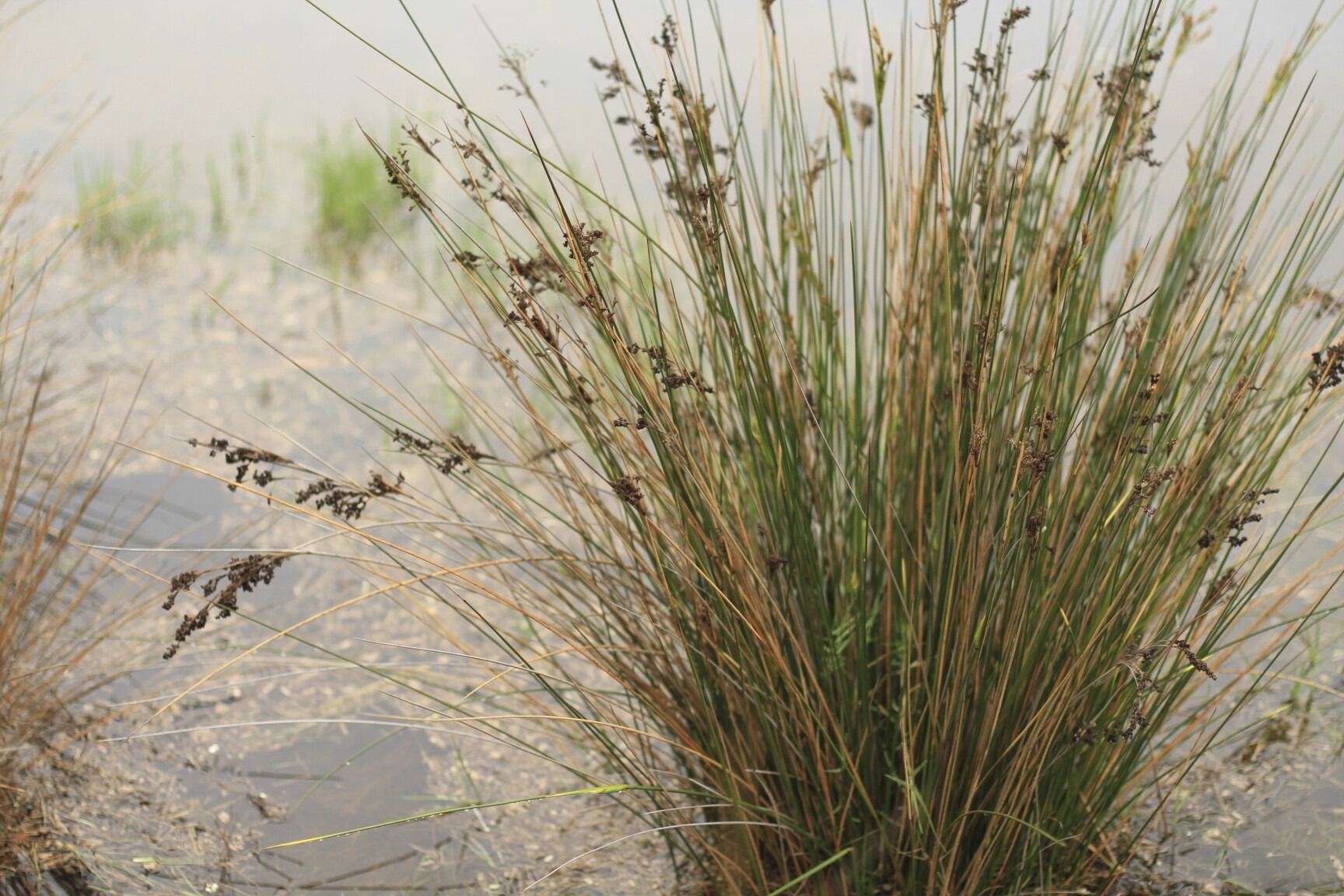
Juncus, commonly known as rushes, are fascinating plants often found in wetlands, marshes, and along streams. These hardy plants play a crucial role in their ecosystems, providing habitat and food for various wildlife. Did you know that rushes can thrive in both fresh and saltwater environments? Their unique structure allows them to withstand flooding and poor soil conditions. Interestingly, rushes have cylindrical, hollow stems that help them float and disperse seeds. Another cool fact is that some species of Juncus are used in traditional basket weaving and mat making. Want to learn more about these resilient plants? Keep reading to uncover 30 amazing facts about Juncus!
What is Juncus?
Juncus, commonly known as rushes, are grass-like plants found in wetlands and moist environments. These plants are often mistaken for grasses or sedges but have unique characteristics that set them apart.
- Juncus belongs to the Juncaceae family, which includes around 300 species.
- These plants are typically found in temperate and cold regions across the globe.
- Rushes thrive in wetlands, marshes, and along the edges of ponds and streams.
- They play a crucial role in preventing soil erosion by stabilizing the soil with their roots.
- Juncus plants can grow up to 1.5 meters tall, depending on the species.
Unique Characteristics of Juncus
Juncus plants have several distinctive features that make them stand out from other similar plants. Their structure and growth habits are particularly interesting.
- The stems of Juncus are round and hollow, unlike the triangular stems of sedges.
- Leaves are typically reduced to sheaths, giving the plant a grass-like appearance.
- Flowers are small and clustered, often appearing at the top of the stem.
- Juncus flowers are wind-pollinated, which is why they lack bright colors and strong scents.
- The seeds are tiny and can be dispersed by water or wind.
Ecological Importance of Juncus
Juncus plants are not just ordinary wetland inhabitants; they play significant roles in their ecosystems. Their presence benefits various organisms and environmental processes.
- Rushes provide habitat and shelter for numerous aquatic and terrestrial animals.
- They help filter and purify water by trapping sediments and absorbing pollutants.
- Juncus plants are a food source for some insects and small animals.
- They contribute to the biodiversity of wetland ecosystems.
- Rushes can help mitigate the effects of flooding by slowing down water flow.
Uses of Juncus in Human Activities
Humans have found various uses for Juncus plants throughout history. These plants have practical applications in different cultures and industries.
- In traditional basket weaving, Juncus stems are used due to their flexibility and durability.
- Some species are used in landscaping for ornamental purposes.
- Juncus is used in phytoremediation to clean contaminated soils and water.
- The plant's fibers are sometimes used to make mats and ropes.
- In some cultures, Juncus has been used in traditional medicine for its purported healing properties.
Interesting Facts About Juncus
There are many fascinating tidbits about Juncus that highlight its unique nature and versatility. These facts showcase the plant's adaptability and significance.
- Juncus can survive in both fresh and brackish water environments.
- Some species of Juncus can tolerate high levels of salinity, making them suitable for coastal areas.
- The plant's hollow stems can store air, helping it stay buoyant in waterlogged conditions.
- Juncus plants can reproduce both sexually (through seeds) and asexually (through rhizomes).
- The genus name "Juncus" comes from the Latin word for "rush," reflecting its common name.
Conservation and Protection of Juncus
Protecting Juncus and its habitats is essential for maintaining healthy ecosystems. Conservation efforts focus on preserving these plants and their environments.
- Wetland conservation programs often include measures to protect Juncus populations.
- Restoration projects may involve planting Juncus to rehabilitate degraded wetlands.
- Climate change poses a threat to Juncus habitats, as rising temperatures and changing precipitation patterns can alter wetland ecosystems.
- Pollution and habitat destruction are significant threats to Juncus populations.
- Public awareness and education about the importance of wetlands and Juncus can help support conservation efforts.
Final Thoughts on Juncus
Juncus, often overlooked, plays a vital role in our ecosystems. These resilient plants thrive in wetlands, providing habitat for wildlife and helping to filter water. Their unique structure allows them to survive in harsh conditions, making them a fascinating study for botanists and nature enthusiasts alike. Whether you’re a gardener looking to add some diversity to your landscape or a student researching plant biology, Juncus offers plenty to explore. Remember, these plants aren't just background scenery; they’re essential to maintaining healthy ecosystems. Next time you spot a clump of Juncus, take a moment to appreciate its contribution to our environment. From stabilizing soil to supporting biodiversity, Juncus proves that even the most unassuming plants can have a significant impact. So, keep an eye out for these green warriors and consider how they fit into the bigger picture of nature.
Was this page helpful?
Our commitment to delivering trustworthy and engaging content is at the heart of what we do. Each fact on our site is contributed by real users like you, bringing a wealth of diverse insights and information. To ensure the highest standards of accuracy and reliability, our dedicated editors meticulously review each submission. This process guarantees that the facts we share are not only fascinating but also credible. Trust in our commitment to quality and authenticity as you explore and learn with us.
